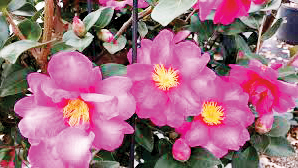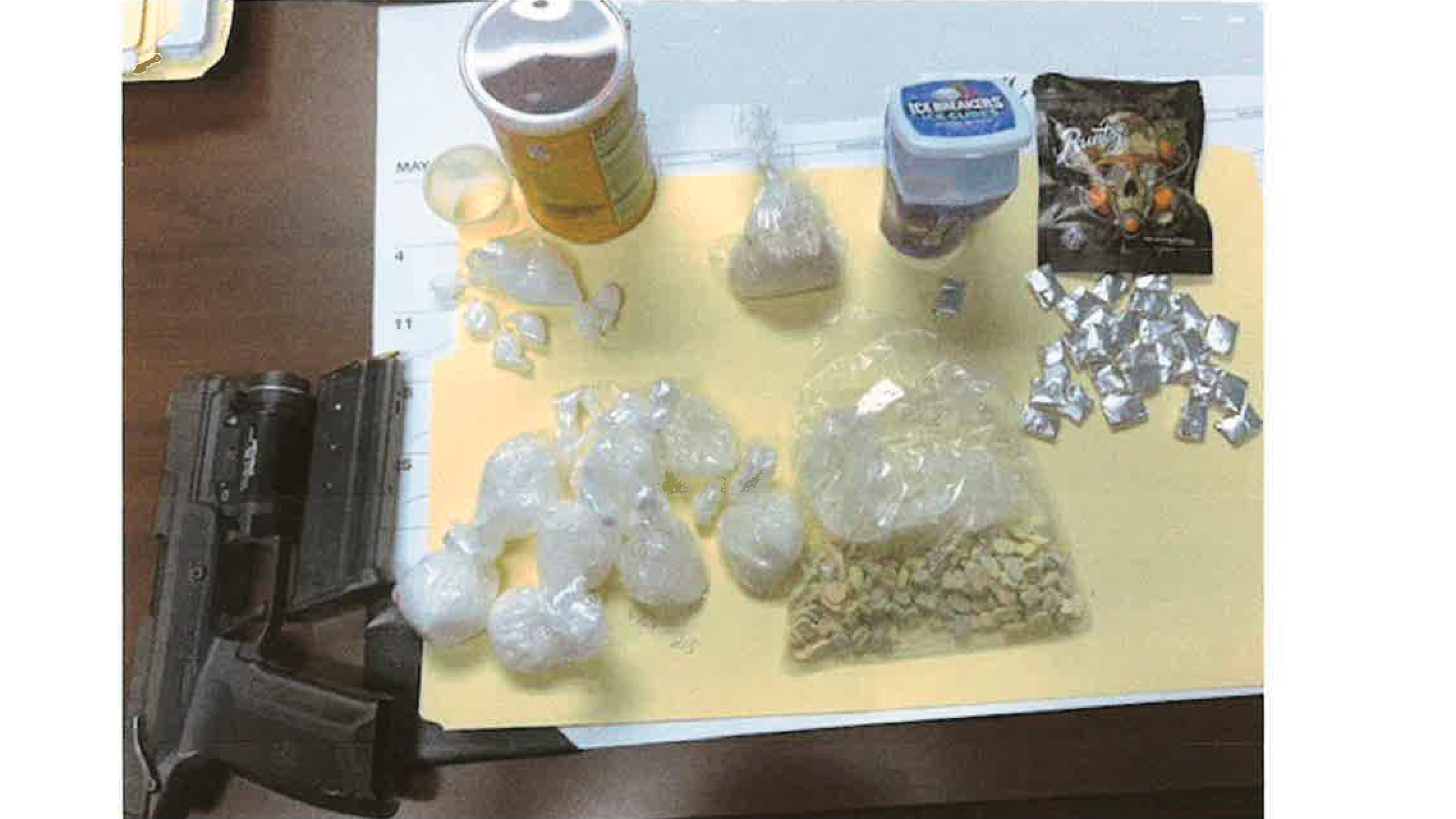Camellias are great for Mississippi landscapes
Published 8:36 pm Friday, November 23, 2018
Camellias are a group of plants from the Far East that have been popular in the South for generations. Large-scale production of camellias in Mississippi began just after WWII when J.D. Dean and Malley Wilburn started Dean and Wilburn Nursery near Agricola. At one time, they maintained up to 200,000 camellia plants with more than 100 varieties.
There are at least 200 species of camellias in the world, but in our climate two types grow exceptionally well and are treasured in Southern landscapes. One is camellia japonica and the other camellia sasanqua. The majority of blooms seen at this time of year belong to the sasanqua camellias. Sasanquas are grown for their outstanding floral display in shades of white, pink or red. Their glossy, dark green foliage add year-round richness and beauty to the landscape. They are often used as specimen trees or as a screen or hedge.
When planting camellias, prepare the soil well, selecting a site that is well drained with good sun exposure. Give your newly planted camellia two inches of mulch to moderate soil temperature and conserve soil moisture.
Choosing sasanquas while they are in bloom is a great way to be sure of the floral color and form. Flowers may be single, half double or peony formed. The list of suitable sasanqua cultivars is lengthy. Here are just a few. ‘Shishigashira’ is a popular cultivar that received the MS Medallion Award. It has rose pink, semi-double blooms and is considered a dwarf type. A popular white cultivar is ‘Mine-no-Yuki.’ It has large, white peony blooms. ‘Kanjiro’ has semi-double deep red blooms with a silvery sheen on each petal. ‘Yuletide’ has brilliant red flowers that appear just in time for Christmas.
Take a trip to your local garden center where you can select one or several of these beautiful, long-lived and nearly trouble free plants. No Southern landscape is complete without them.
Rebecca Bates is an MSU Extension-Lincoln County agent, and can be reached at 601-835-3460 or by e-mail at rebecca.bates@msstate.edu.






